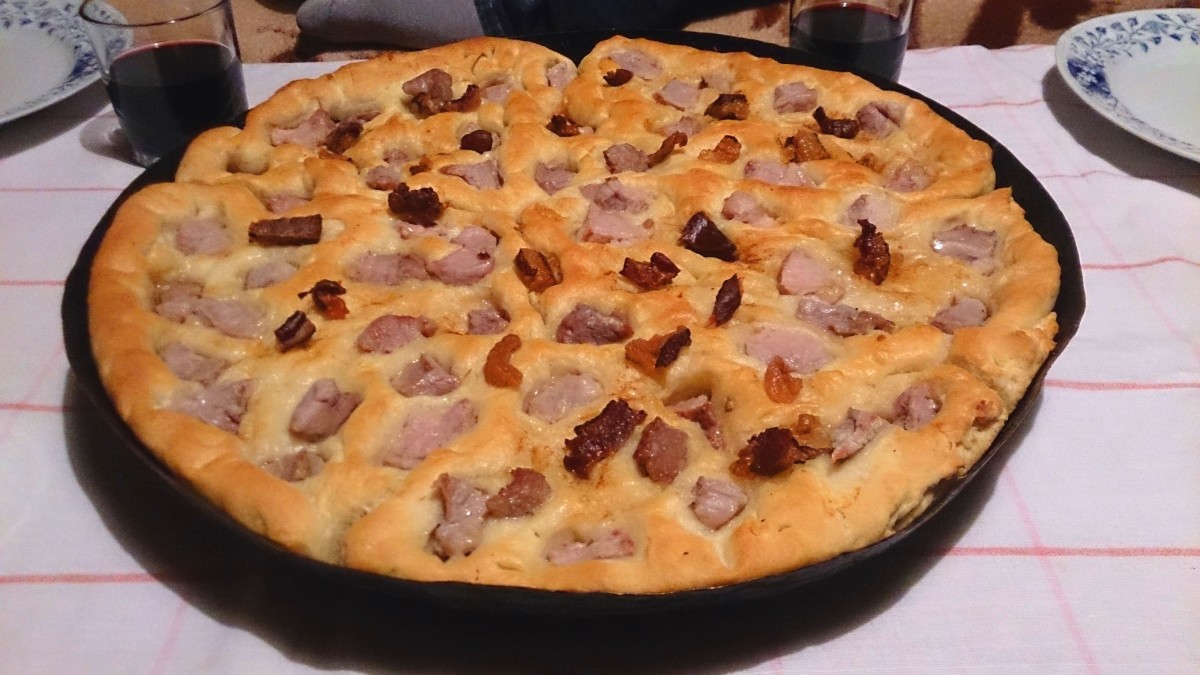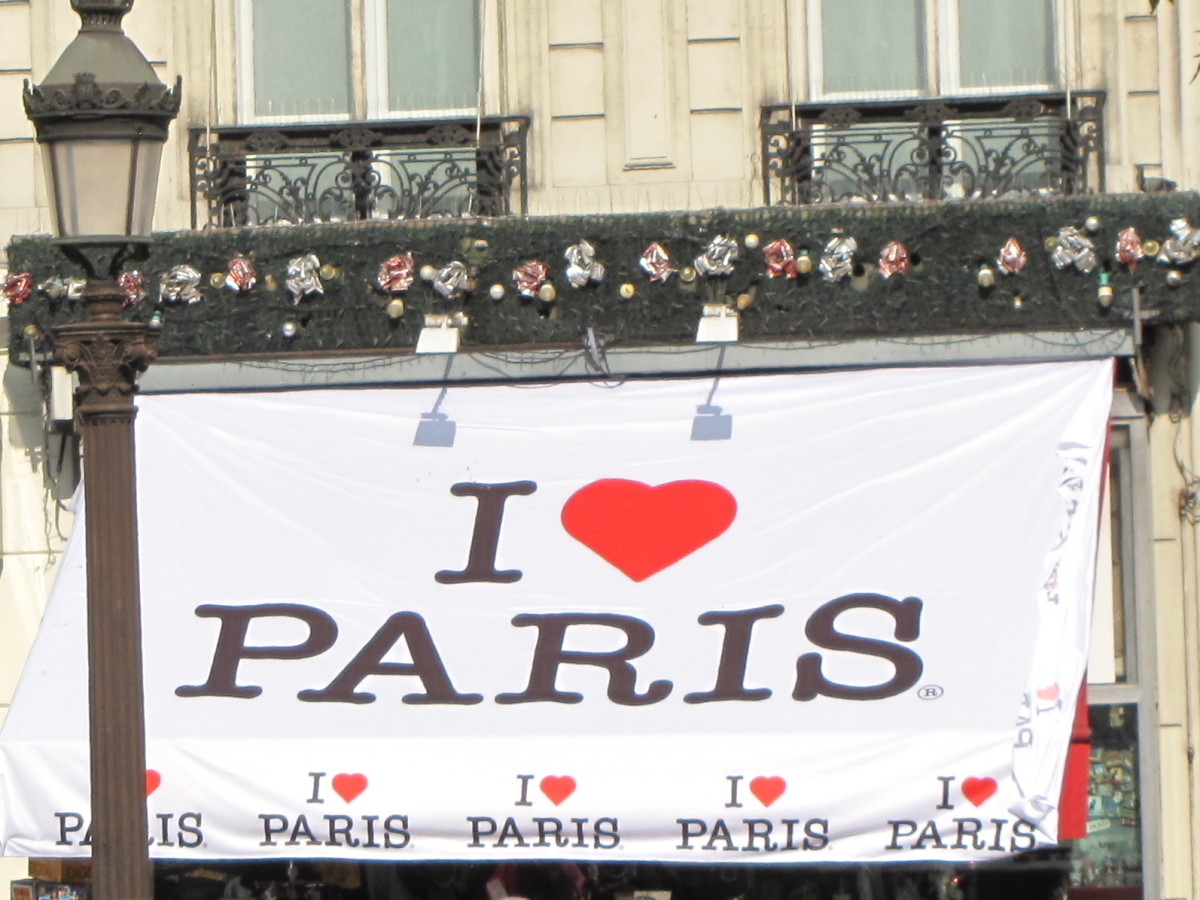Macedonia Travel Guide
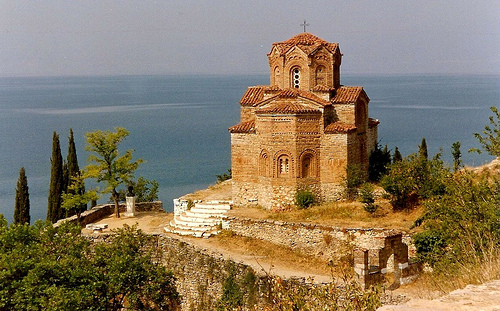
The Republic of Macedonia is a country located in the heart of the Balkans, surrounded by Bulgaria, Serbia, Greece and Albania. From the north and west, the easiest way to get to the country is from Serbia, and if you’re coming from the east, they you should enter from Greece and Bulgaria. This country mostly remained a hidden treasure – a natural paradise with mountains, lakes and rivers, with a different life rhythm in the middle of the historical ruins’ might and the scenic villages that have remained unchanged for centuries. The Macedonians are friendly and they love parties with music, drinks and food.
A large portion of the Skopje capital city’s old architecture was damaged during an earthquake that occurred in 1963, but the city has been rebuilt and today is a flourishing metropolis. You can visit parts from the historical center, including a medieval fortress and a bazaar in Ottoman style. Ohrid is a big attraction for the south-west region. This medieval city is located in a special landscape, on the lake’s banks, surrounded by mountains and it has the collection of icons. The mountain resort Mavrovo offers activities during the entire year – ski, hiking, mountain biking. In the nearby village of Galichnik, a traditional festival takes place every summer, which stages a traditional wedding. There are also carnivals in Vevchani and Strumica.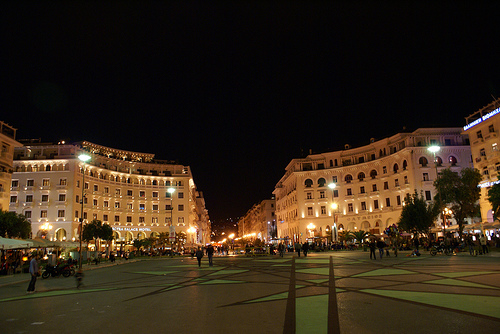
Macedonia's Tourist Attractions
Explore Skopje, the Macedonia’s capital city. Due to an earthquake that took place in 1963, the buildings are mostly new. The historical center is an attractive area, filled with shops and restaurants.
- Visit the HolyDelivererChurch, to see the carved iconostasis. Also in the historical center you can find the Kursumli An caravanserai from the 16th century and the Suli An caravanserai from the 15th century and the Daut Pasha baths, with their two small domes and 11 small ones. Now it houses an art gallery.
- Visit the mosques dating from the Roman period, especially the Mustafa Pasha Mosque from the 15th century and the Kale Fortress from the 10th century. Near Skopje you can find the Nerezi Monastery and St Pantelomon Church from the 12th century, with magnificent frescoes.
- Discover Bitola, the second largest city in Macedonia. Located 18km away from the border with Greece, the city was an important center during the Ottoman domination. Nearby there are the ruins of the ancient city of Heraclea.
- Visit the city of Ohrid, located on the LakeOhrid. Here St Clement laid the foundation the first SlavUniversity. In the 10th and 11th centuries Ohrid became the capital of the Macedonian emperor Samuil. The fortress’s walls that have survived until today are used for opera concerts and theatre plays. You can also see some old churches, especially the St Sophia Cathedral that contains frescoes from the 11th century.
Macedonian Cuisine
The Macedonian cuisine resembles the Greek and Turkish ones. You can find kebab assortments all over the place and dishes like the moussaka, made out of eggplants, potatoes and minced meat. The national specialties are gravce tavce (fried beans) and the delicious Ohrid trout.
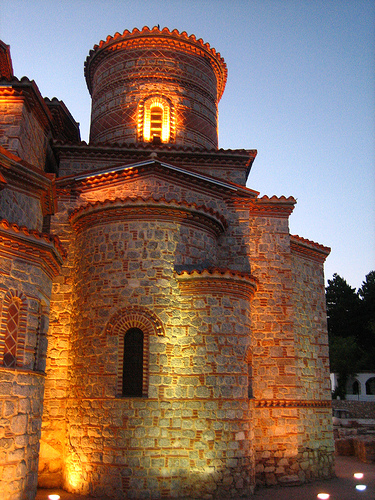
Macedonia's History
The Republic of Macedonia covers the western part of the ancient kingdom of Macedonia. The historical Macedonia was defended by Rome and became Roman in 148 BC. After the Roman Empire’s division in 395, Macedonia was ruled by the Byzantine Empire, until Turkey took over the country in 1371. The Ottoman Turks dominated Macedonia for the next five centuries, until 1913. During the 19th and 20th centuries there was a continuous battle between the Balkan countries for possessing Macedonia. By the San Stefano Treaty in 1878, which ended the Russian-Turkish was, Bulgaria was granted the biggest part of Macedonia. When it was defeated by the Greeks and Serbians in the second Balkan War in 1913, Bulgaria lost a large part of the Macedonian territories. Most of these territories were claimed by Serbia and the rest was shared by Greece and Bulgaria.
In 1918 Serbia joined the union with Croatia, Slovenia and Montenegro to form was what to be called the YugoslavKingdom in 1929. Bulgaria joined the Axis forces in the Second World War and occupied several territories belonging to Yugoslavia, some of which were Macedonian. The Macedonian resistance troops fought a guerilla war against the invaders. The Yugoslavian Federation was restored in 1945, and in the next year it granted autonomy to the Vardar territory. Later on, when president Tito recognized the Macedonian status as a distinctive nation, the Macedonian culture and language were free to develop and flourish.
Macedonia declared its independence versus Yugoslavia in 1991 and became a member of the United Nations with the name The Former Yugoslavian Republic of Macedonia, due to Greece’s protests. The tensions between the Macedonian and Albanians erupted in violent actions in March 2001, a fact that determined the government to send troops in the western side of the country which was mostly Albanian. The rebels asked for more autonomy in Macedonia. After six months of battle a peace treaty was signed that allowed the NATO forces to disarm the guerilla army. In 2001 a constitutional amendment was approved, which granted more rights to the Albanians and the Albanian language became the second official language in the country.
In June 2008 a person died and nine others were injured in the violence that erupted between the two Albanian ethnic groups during the parliamentary elections. At least 17 elective offices interrupted their activity due to the acts of violence. The elections’ interruption eliminated Macedonia’s chances of becoming a member of the European Union.
What You Should Know
When you’re talking with the locals, the spiny topics are the relations with the Greeks, Bulgarians and Albanians. The Macedonians have strong beliefs regarding their neighbours; ask questions but avoid expressing your opinions. The local hour is GMT+1.

